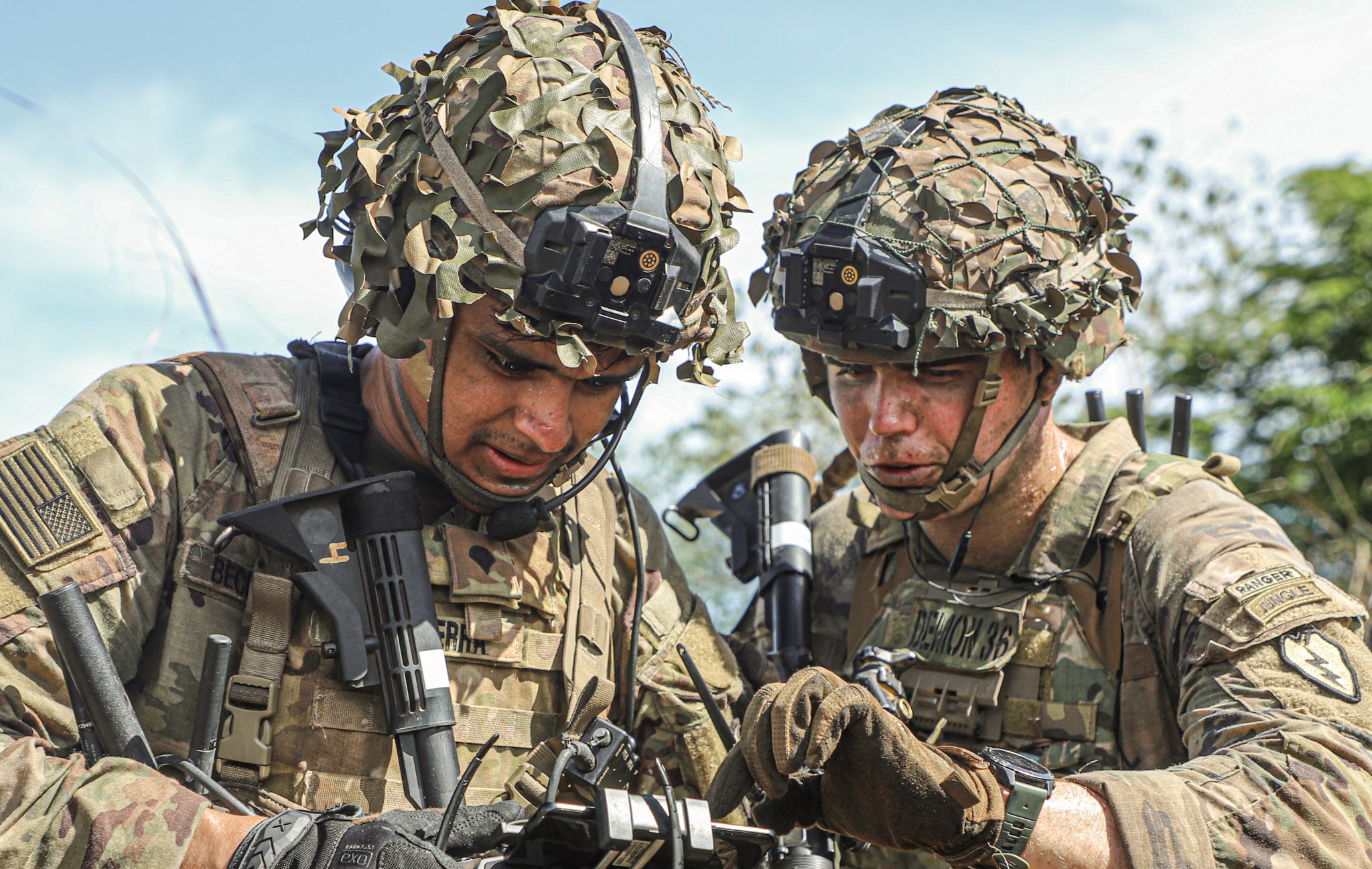

BAGHDAD – The top U.S. general in Iraq and Syria said some of his most valuable leadership lessons came in his first weeks in command, fresh out of training as a young lieutenant.
“I learned to be a little bit humble and ask questions that I didn’t know. I thought I was really good at jumping out of airplanes, really good at tactics,” Army Maj. Gen. Joel “JB” Vowell told Task & Purpose last week at the headquarters of Operation Inherent Resolve. “But getting the best out of people with different capabilities, different backgrounds, I learned that because I had good NCOs.”
For newly minted junior officers, the prospect of leading troops for the first time can be intimidating, especially if they are joining a unit with a lot of combat experience.
Vowel said he advises young lieutenants and junior officers to be “humble enough to listen” to their noncommissioned officers and try to empathize with their senior enlisted leaders.
“Listen to what your leadership is trying to tell you about how to do things better for your men and women,” Vowell told Task & Purpose as part of a wide-ranging interview. “If you listen, I think it will make you a better tactical junior leader.”
Vowell currently leads OIR, which is focused on destroying the remnants of the Islamic State group in Iraq and Syria. However troops under Vowell carrying out his orders have faced attacks from Iranian-backed militias since the fall. One such attack on a U.S. base in Jordan known as “Tower 22” killed three Army Reserve soldiers.
Subscribe to Task & Purpose today. Get the latest military news and culture in your inbox daily.
He was commissioned from the University of Alabama Reserve Officers’ Training Corps program in 1991 and went on to become an Army infantry officer. Vowell said he remembers how he was brimming with confidence when he showed up for his first assignment with the 82nd Airborne Division after graduating from Ranger School.
“I knew the answers to the test,” Vowell said. “I was prepared for almost five years to do this, and then you meet all your people, and it hits you: This is real.”
At the time, his unit had just returned from a combat deployment for the Gulf War. The 82nd Airborne Division was the first American combat unit to arrive in Saudi Arabia in August 1990 as part of Operation Desert Shield. When the ground war phase of Operation Desert Storm began in February 1991, the division moved into Iraq and ultimately seized Tallil Air Base, capturing thousands of Iraqi soldiers.
Vowell said he knew what the division had gone through in Saudi Arabia and Kuwait when he arrived at his first assignment.
“The hardship and privation was familiar to me, but it was more visceral, like this is not a training event, this is real,” he recalled.
From the senior enlisted leaders that he served with, Vowell quickly learned what leadership at the tactical level requires.
During his 33-year Army career, Vowell has made three combat deployments to Afghanistan and one to Iraq. He was featured in the documentary The Hornet’s Nest about U.S. troops engaged in intense fighting along Afghanistan’s border with Pakistan in 2010. At the time, Vowell led the “No Slack” 2nd Battalion, 1st Brigade Combat Team, 101st Airborne Division. He later returned to the region as a brigade commander with the “Rakkasans” 3rd Brigade Combat Team, 101st Airborne Division.
Suffice to say: Vowell is no stranger to fighting. He said that some of the lessons he learned from his first platoon sergeant served him well later in combat: “Paying attention to detail; helping your teammate out; being part and sharing the risk with your men and women – it matters, you can’t phone it in in close combat.”
The latest on Task & Purpose
- Uniform inspections and stricter shaving rules coming in renewed Air Force focus on ‘standards’
- One of the Army’s top Nuclear teams trained with Rangers and Green Berets
- The 4th Infantry Division’s huge obstacle course looked like the zombie apocalypse
- Army barber’s 57 year legacy with the Airborne leads to haircutting hall of fame
- Master Chief William Goines, first Black Navy SEAL, passes away at 88